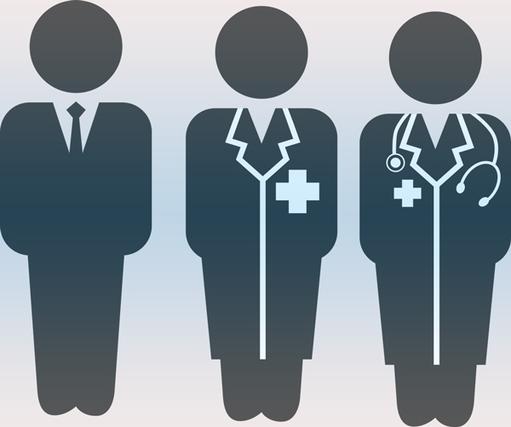|
Access
In contrast to GPs, pharmacists have a significant high street presence, and long opening hours. They are also open at weekends, and no appointment is required for their services. According to a 2014 Royal Pharmaceutical Society report, 99% of the UK population can reach a pharmacy within 20 minutes by car, and 96% by walking or using public transport. Community retail pharmacists help people stay well, and use their medicines effectively. Each year, the NHS spends some £12bn on medicines; £100m of which is wasted on their ineffective use.
A 2014 Care Quality Commission review of 8,000 GP surgeries in England, uncovered overly long wait-times for appointments, and poor care of the elderly. Forty per cent of GPs questioned in England by the magazine PULSE, said that they expected two-week wait-times for non-urgent appointments in 2015.
Expanded role of pharmacists
Pharmacies are extending their services to patients’ homes, residential care, hospices, and primary care offices. This provides a significant opportunity for healthcare systems.
Pharmacists can play an expanded role in out-of-hours primary and urgent healthcare, and are well positioned to raise disease awareness, deliver educational information at multiple points of contact, and offer sexual health services. In 2013, more than 16,000 free Chlamydia tests were carried out in pharmacies. In 2010 NICE recommended that pharmacists should offer a full range of contraceptive services to tackle the exceptionally high under 18 conception rate in England.
|

